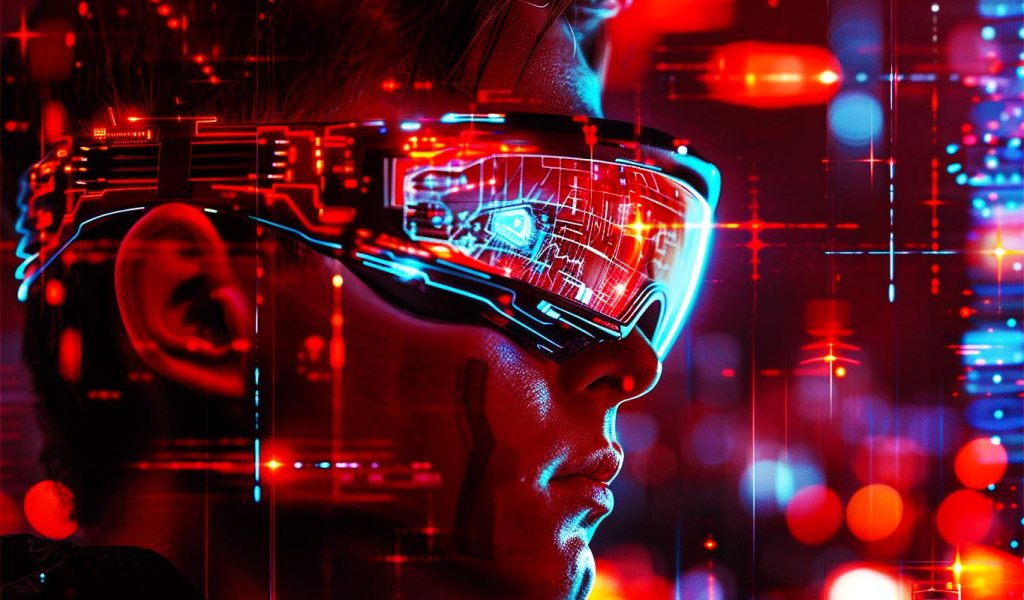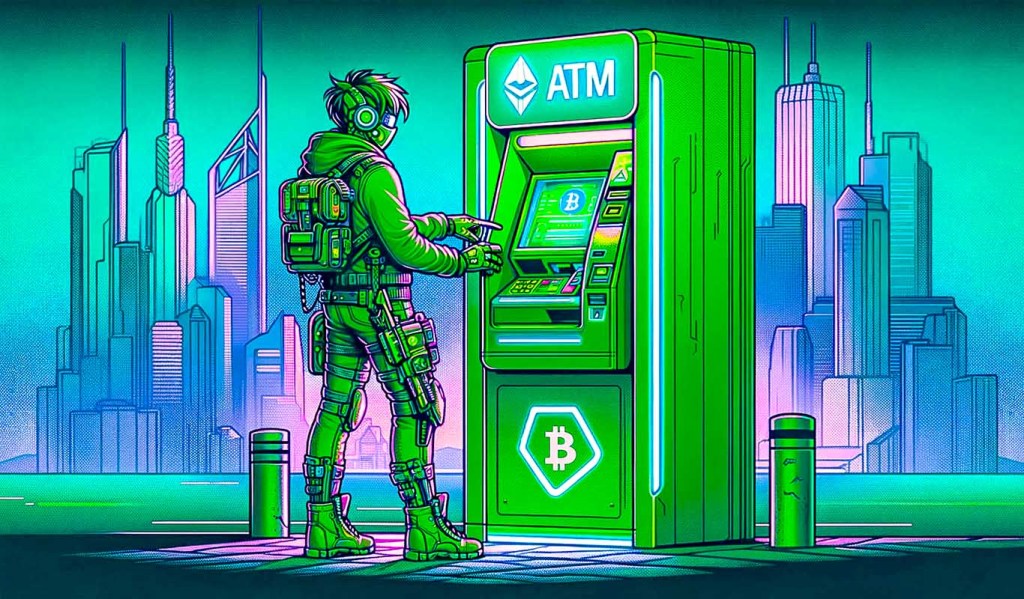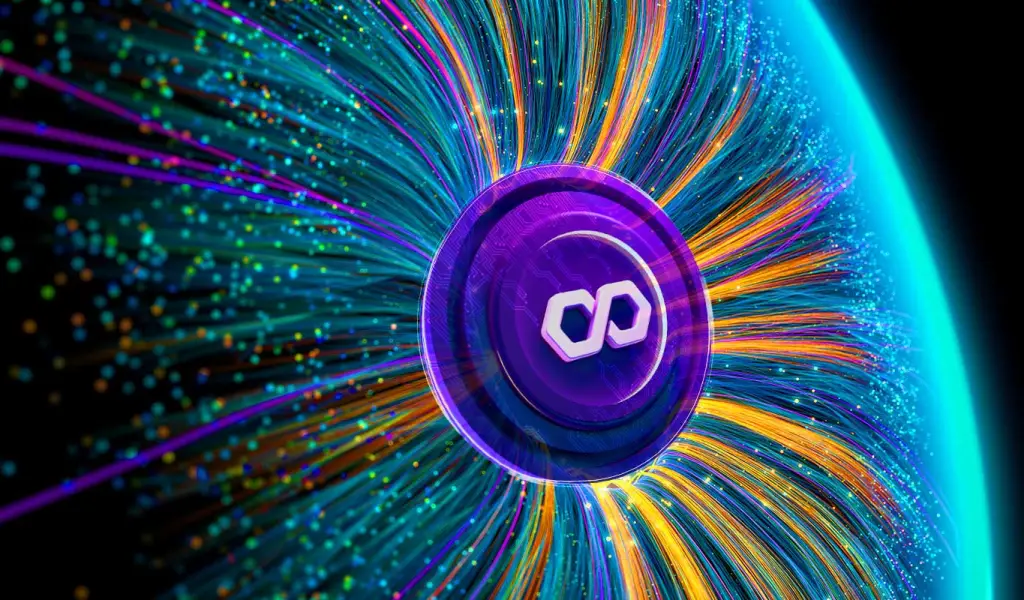
An artificial intelligence (AI)-focused altcoin is skyrocketing as tech giant Nvidia’s profits leap by triple digits. According to a press release detailing Nvidia’s Q4 financial report, the AI chipmaker hauled in a revenue of $22.1 billion during Q4, up 23% from Q3 and 265% from a year ago. News of Nvidia’s success preceded blockchain-based decentralized […]
The post SingularityNET (AGIX) Soars 45% in 24 Hours As AI Chipmaker Nvidia Profits Surge by Triple-Digits appeared first on The Daily Hodl.

A popular crypto trader is pinpointing potential entry points for a trio of red-hot artificial intelligence (AI) altcoins. The pseudonymous analyst known as Altcoin Sherpa encourages his 207,700 followers on the social media platform X to pay attention to Fetch.ai (FET), Worldcoin (WLD) and Bittensor (TAO). “Given how hard some of these are going, I […]
The post Crypto Trader Says AI Altcoins Are the ‘Ones To Focus On,’ Pinpoints Entry Prices for Three Projects appeared first on The Daily Hodl.

A crypto strategist who nailed the end of Bitcoin’s (BTC) 2021 bull market thinks that a huge upswing for the altcoin market is just getting started. Pseudonymous analyst Pentoshi tells his 755,100 followers on the social media platform X that he’s keeping a close watch on the TOTAL3 chart, which tracks the market cap of […]
The post Top Analyst Predicts Massive Rise in Altcoin Market Cap, Names His Two Favorite Crypto Subsectors appeared first on The Daily Hodl.

Ethereum (ETH) co-founder Vitalik Buterin thinks artificial intelligence (AI) could “significantly” help the top smart contract platform. Buterin says on the social media platform X he’s excited about the potential for AI-assisted formal verification of code and bug finding. “Right now Ethereum’s biggest technical risk probably is bugs in code, and anything that could significantly […]
The post Vitalik Buterin Says Artificial Intelligence Could Straighten Out Ethereum’s Biggest Technical Risk appeared first on The Daily Hodl.
 In the last 17 days, the value of artificial intelligence (AI) cryptocurrency assets has soared, with a significant addition of $10.21 billion to their overall market value. This surge aligns with the unveiling of Openai’s latest innovation, a generative AI-powered application capable of converting text into video. AI Cryptocurrency Sector Explodes With 142% Growth Following […]
In the last 17 days, the value of artificial intelligence (AI) cryptocurrency assets has soared, with a significant addition of $10.21 billion to their overall market value. This surge aligns with the unveiling of Openai’s latest innovation, a generative AI-powered application capable of converting text into video. AI Cryptocurrency Sector Explodes With 142% Growth Following […]
Two artificial intelligence (AI)-focused altcoins are surging as AI research firm OpenAI rolls out its new text-to-video project. In a new thread, tech giant OpenAI announces the launch of Sora, a new model that can generate detailed high-definition videos based on text prompts. “Introducing Sora, our text-to-video model. Sora can create videos of up to […]
The post Two AI-Related Crypto Assets Rally As OpenAI Launches Text-to-Video Artificial Intelligence Model appeared first on The Daily Hodl.

The co-founder of software giant Palantir Technologies thinks one type of buyer could introduce a new wave of demand for the crypto markets going forward. Joe Lonsdale says in a new interview with CNBC that artificial intelligence (AI) agents could rely on crypto as it expands across society. “There’s not going to be a whole […]
The post Palantir Co-Founder Says One Type of Buyer Could Be Very Important for Bitcoin, Ethereum and Solana appeared first on The Daily Hodl.

The U.S. Commodity Futures Trading Commission (CFTC) has issued a warning about artificial intelligence (AI) scams promoting false crypto opportunities and other frauds. The CFTC’s Office of Customer Education and Outreach (OCEO) says scammers have been falsely promoting the potential of AI technology to entice victims. “With the growth of the use of AI in […]
The post US Commodities Regulator Issues Warning About AI Scams Promoting Crypto Asset Trading Schemes appeared first on The Daily Hodl.

Fox Corporation is tapping into the Polygon (MATIC) ecosystem as part of a new protocol for media provenance. In a new announcement, Polygon Labs says they are partnering with the media giant to launch Verify, a system that uses the transparency of blockchain to prove the authenticity and identity of media content in the age of […]
The post Media Empire Fox Corporation Taps Polygon Blockchain To Power New Verification System appeared first on The Daily Hodl.

A closely followed crypto strategist believes that one artificial intelligence (AI) focused altcoin could soon surge to new all-time highs (ATH). Pseudonymous analyst Rekt Capital tells his 382,100 followers on the social media platform X that Fetch.ai (FET) could remain in an uptrend if it breaks through a key resistance level on the monthly chart. […]
The post AI Altcoin That’s Shot Up Over 250% in Under Three Months Angling for New All-Time High, Says Crypto Analyst appeared first on The Daily Hodl.